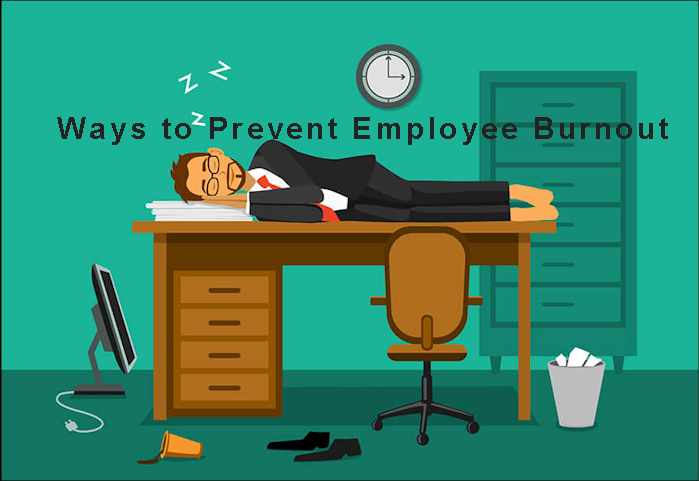Burnout is usually taken to mean someone hopelessly overwhelmed by their job. There are other aspects to consider. Cynicism just is one of them.
An employee suffering from burnout is unlikely to care about the job he or she is meant to perform. When an employee stops caring, they stop trying, which typically leads to ineffectiveness and inefficiency, as well as potentially demoralizing others in the workplace.
Don’t make the mistake of thinking that if burnout is simple to define, its causes must be equally simple to decipher. There are many causes of burnout and they often interact. And people experience burnout in various ways, partly because of the many combinations of factors involved.
Causes of Burnout
The well-known, classic factor leading to burnout is overwork. The employee just has too much to do, and too little time or resources. There are complicating factors for overwork. One factor is employee positions that have conflicting responsibilities. Another is positions where responsibilities are poorly defined. In either case, the employee is faced with the dilemmas.
Other factors causing burnout include:
- An unfair rewards system.
- Lack of support from management.
- Lack of control of resources needed to do the job.
- No involvement in decision making.
- Conflict between personal values and job values.
How to Recognize Burnout
Signs of burnout are not hard to recognize. One sign is employees talking about quitting. Another is when employees withdraw from contact with other workers.
Burned out employees show decreased performance. They can stop cooperating with other employees, even sabotaging other worker’s efforts.
Ways to Prevent Employee Burnout
Despite obvious warning signs, management may not be aware of burnout, until it’s too late to remedy. An ounce of prevention is worth a pound of cure. Adopt practices that prevent burnout, not deal with it.
- Employee workloads should be challenging, but don’t inundate people with work.
- Assign people to tasks they can have emotional involvement with.
- Have a reasonable number of work hours per week.
- Give perks to employees that help with their personal lives, like an evening off to be with family.
- Train employees well, and give them adequate resources for their jobs.
- Management needs to be supportive.
- Rewards and bonuses must be given fairly.
- Teach employees about burnout, including ways they can deal effectively with job stress.


